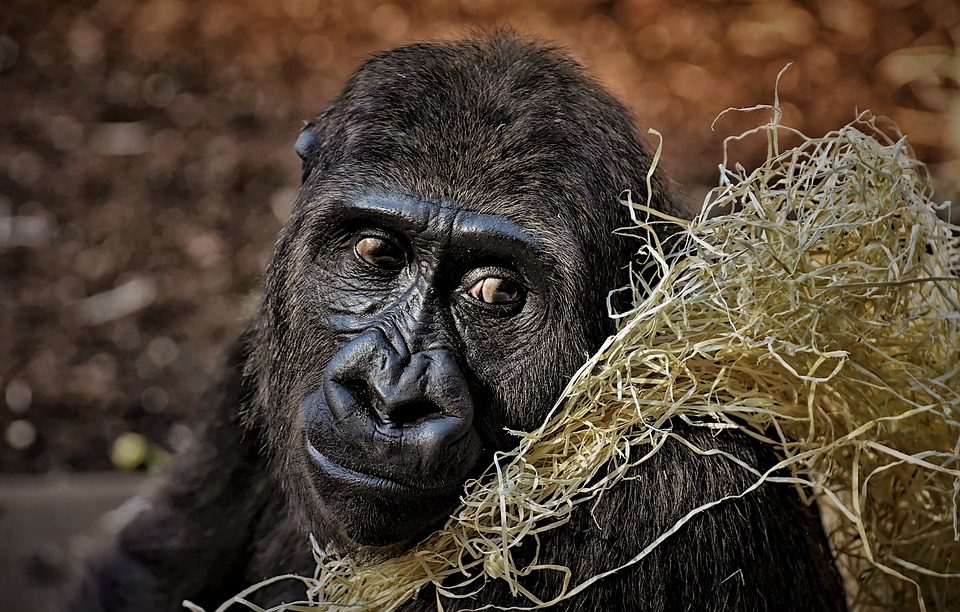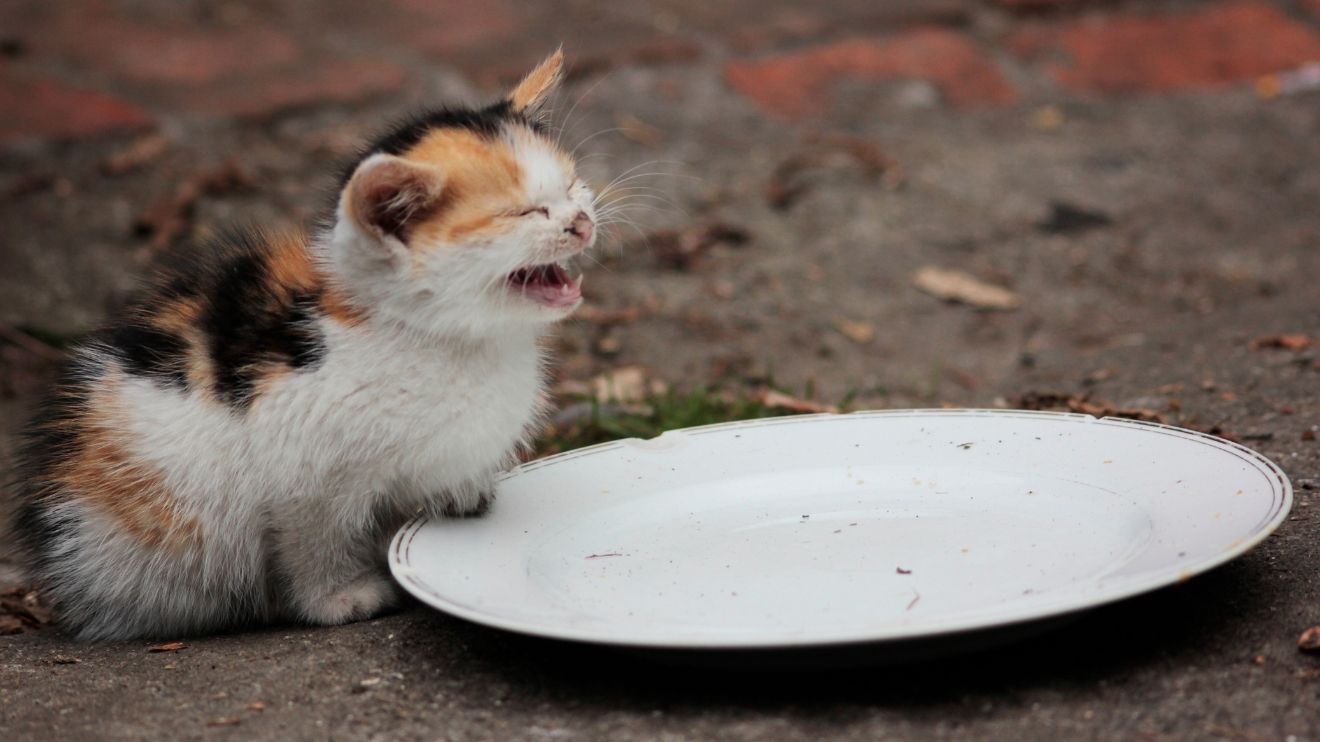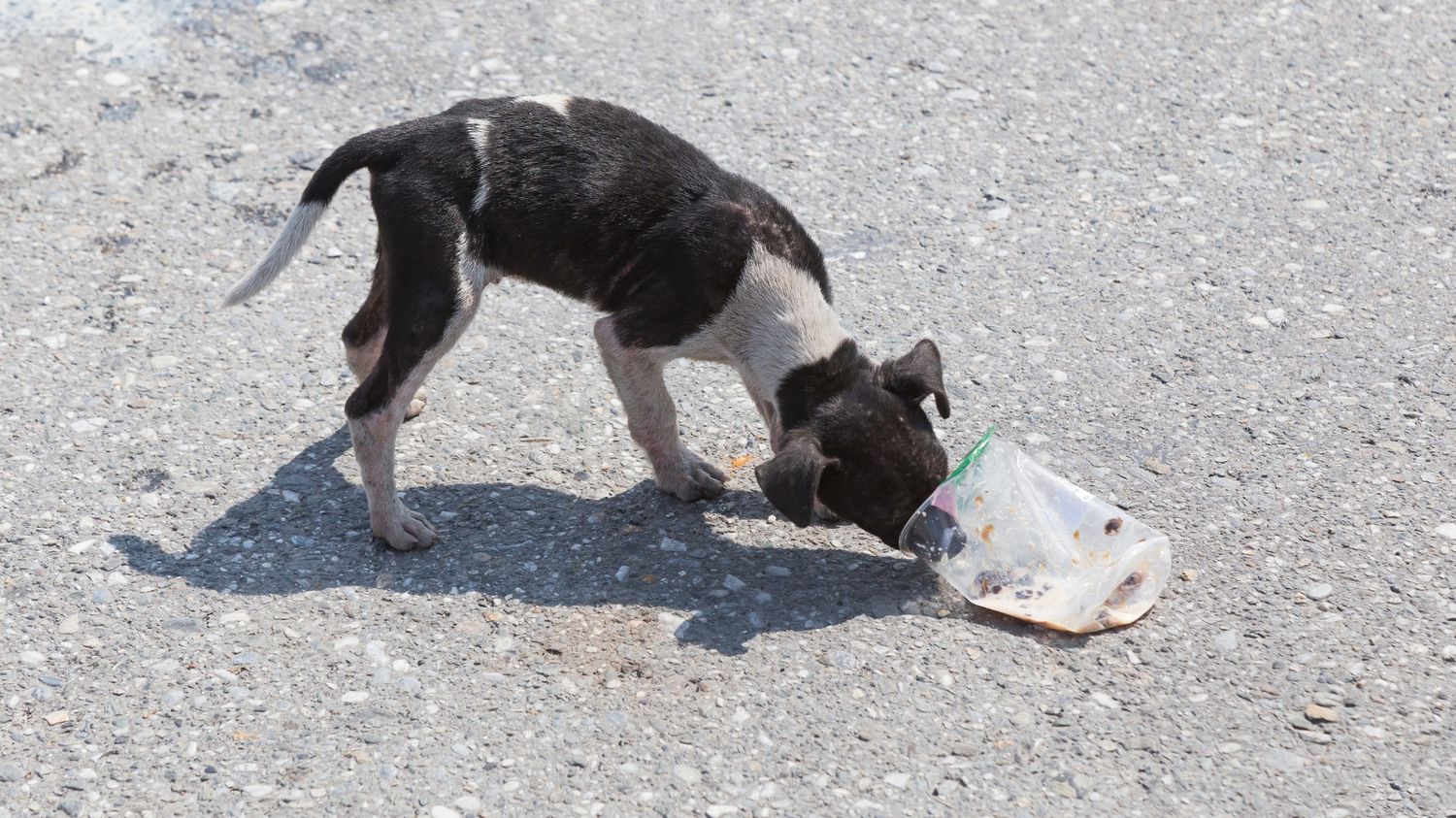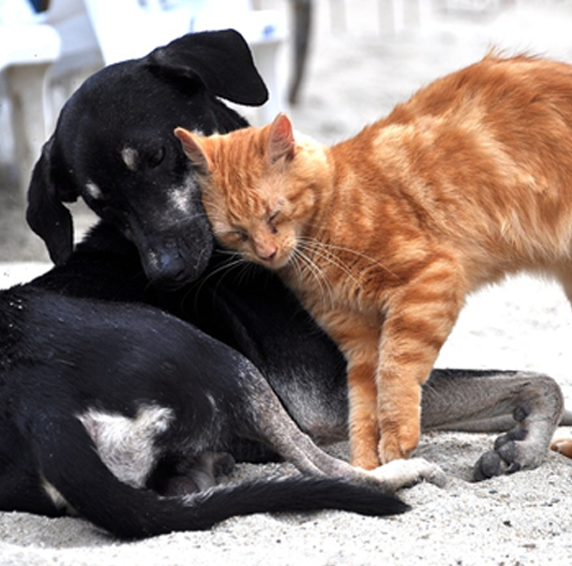There is a Covid-19 outbreak among gorillas at Zoo Atlanta, and it is believed that the primates contracted the virus from a vaccinated staff member with the animal care team.
The zoo issued a release about the troubling situation, writing:
While it cannot be known with certainty how the gorillas acquired the virus, the Animal Care and Veterinary Teams believe the infections originated with a COVID-positive care team member. The team member is fully vaccinated, was wearing Personal Protective Equipment (PPE), and was asymptomatic on the day of reporting to work.
The gorillas were tested after staff observed “coughing, nasal discharge, and minor changes in appetite in several members of the gorilla population.” A presumptive diagnosis of covid-19 was made after oral, nasal and fecal samples were tested and sent away for analysis. So far, 13 gorillas have tested positive, and all 20 gorillas at the zoo are being tested and monitored.
Sam Rivera, DVM, Senior Director of Animal Health commented on the situation:
“We are very concerned that these infections occurred, especially given that our safety protocols when working with great apes and other susceptible animal species are, and throughout the pandemic have been, extremely rigorous.”
The zoo outlined the safety measures that were in place where the primates got sick:
The infections occurred in an area of the Zoo where COVID safety protocols are already at their most stringent. The use of PPE when working with great apes was already a standard practice at Zoo Atlanta due to their susceptibility to many of the same illnesses experienced by humans, including the common cold and influenza. Although masks and gloves were already worn by the Gorilla Care Team when team members were inside the gorillas’ indoor areas or preparing outdoor habitats, additional preventive measures, such as N95 masks, Tyvek® suits, modified cleaning protocols and increased ventilation in the gorilla building, have been instituted. Team members never share the same physical space with the gorillas, and all interactions take place on opposite sides of a barrier with social distancing in place where practical. Team members also adhere to strict PPE protocols and social distancing guidelines among themselves, and PPE being used by the Gorilla Care Team is the same as what would be seen in human healthcare environments.
The significance of this outbreak
Why should everyone be concerned about this outbreak? Because it impacts the outcome of this pandemic. Thehistoryofvaccines.org explains the significance of viruses that have animal reservoirs, specifically with regards to eradication:
Some diseases have an animal reservoir, meaning they can infect other species besides humans. Yellow fever, for example, infects humans, but can also infect monkeys. If a mosquito capable of spreading yellow fever bites an infected monkey, the mosquito can then give the disease to humans. So even if the entire population of the planet could somehow be vaccinated against yellow fever, its eradication could not be guaranteed. The disease could still be circulating among monkeys, and it could re-emerge if human immunity ever waned.
You can read more about vaccines and human versus animal reservoirs, at this link.
[email-posts-subscribers namefield=”YES” desc=”JOIN US” group=”Public”]




